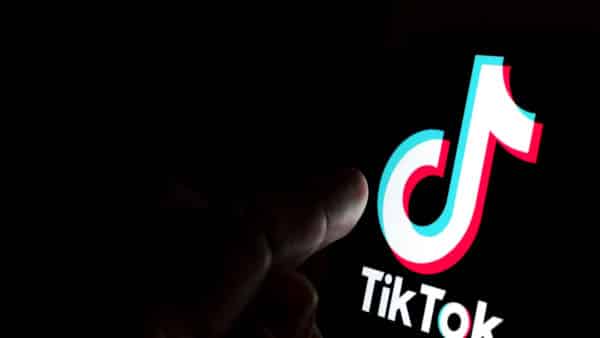TikTok commits to updating ad policies to better align with EU rules
The social media platform has made significant improvements to safety over the last year, but they still have a long way to go.
TikTok will also allow users to report undisclosed branded content and flag ads that trick children into making purchases.
New labels for paid ads. The policy will identify ads with a new label, allowing users to see immediately whether a post is sponsored. Publishers will also have to switch on a toggle button when they’re publishing content captioned with certain keywords such as #ad or #sponsored.
In addition, users with more than 10,000 followers will also have their videos reviewed to ensure they meet TikTok’s guidelines.
The new commitments. According to the European Commission, the main commitments agreed to by TikTok are:
- Users can now report advertisements and offer that could potentially push or trick children into purchasing goods or services.
- Branded content now abides by a policy protecting users, which prohibits the promotion of inappropriate products and services, such as alcohol, “get rich quick” schemes and cigarettes.
- Users are prompted to switch on a toggle when they publish content captioned with specific brand-related keywords such as #ad or #sponsored.
- If a user has more than 10,000 followers, their videos are reviewed by TikTok against its Branded Content Policy and Community Guidelines to ensure that the content is appropriate.
- Policies clarify how to purchase and use coins, and pop-up windows will provide the estimated price in local currencies. Consumers are allowed to withdraw within 14 days from the purchase, and their purchase history is also available.
- Policies also clarify how to get rewards from TikTok and how to send gifts, for which users will be able to easily calculate their price.
- Paid advertisements in videos will be identified with a new label, which will be tested for effectiveness by a third party.
- Users are able to report undisclosed branded content, and new rules for hashtags and labels will be implemented.
What the Commission says. “All social media platforms are required to play by the rules and make sure that consumers can easily identify commercial content, including when promoted by influencers. … Despite today’s commitment, we will continue to monitor the situation in the future, paying particular attention to the effects on young users.”
A troubling history of challenges. In 2020, TikTok came under hot water regarding its content moderation process and its exposure of young users in the app. While there was no evidence of wrongdoing by the app itself, a leaked document in 2020 showed that TikTok moderators had been instructed to suppress content that featured people who may have been seen as less desirable, as investigations have uncovered that TikTok relies on pretty young women, in particular.
TikTok’s commitment. To learn more about TikTok’s commitment to EU rules, you can read the article here.
Why we care. Creators need to ensure that they’re disclosing any relevant information regarding paid content or else they could face consequences. And any regulations aimed at cracking down on predatory social platforms that target children, and moderate content based on insufficient policies and practices that leave users vulnerable, are OK in our book. Hopefully, these new regulations will help make TikTok a safer place for children, but we’ll see.



